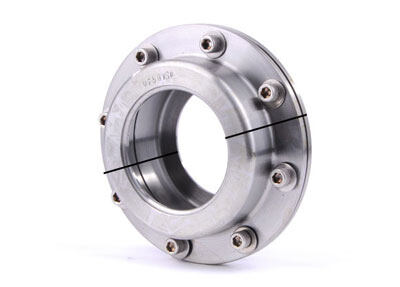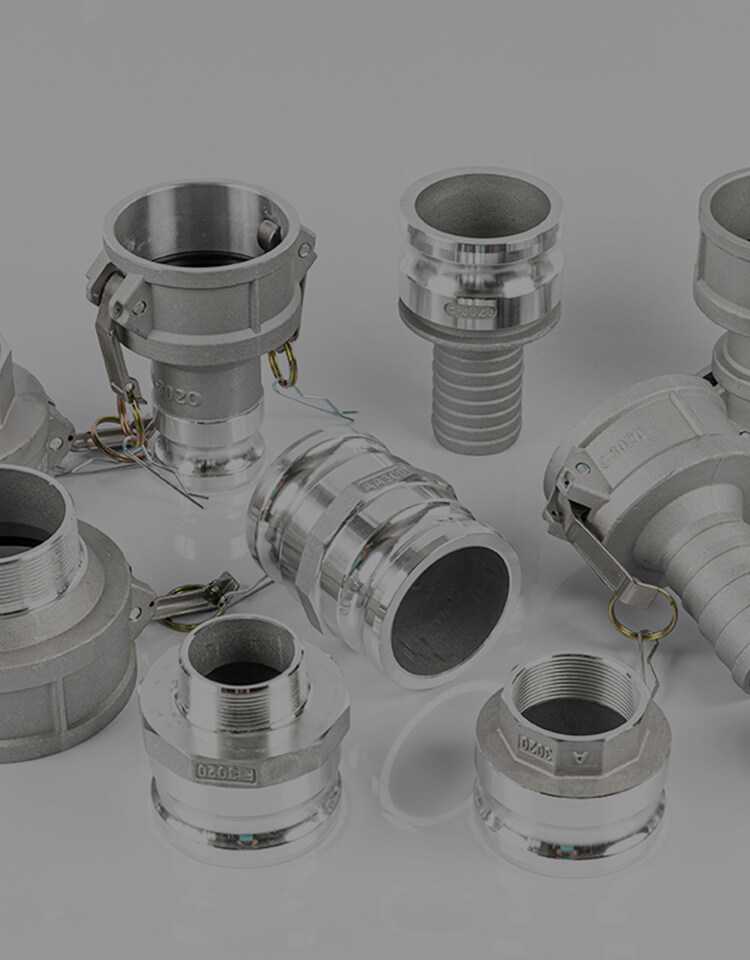E-Mail-Formatfehler
emailCannotEmpty
emailDoesExist
pwdLetterLimtTip
inconsistentPwd
pwdLetterLimtTip
inconsistentPwd

Nachricht
Hier können Sie einen Text beschreiben, den Sie ausdrücken möchten

Efficiency Unleashed: Quick Flex Couplings and the Dynamics of Male and Female Reducer Couplings
In the intricate landscape of machinery and fluid systems, the efficiency and reliability of connections are paramount. This blog explores the innovative world of quick flex couplings and delves into the dynamics of male and female reducer couplings. Join us on a journey through precision engineering, where adaptability and efficiency take center stage.
Quick Flex Couplings: Bridging Gaps with Speed and Precision
At the heart of seamless machinery operation lies the quick flex coupling—a versatile solution designed for rapid and reliable connections. Whether in mechanical power transmission or fluid transfer systems, the quick flex coupling emerges as a key player in ensuring efficiency and adaptability.
Rapid Connections for Dynamic Systems
Quick flex couplings excel in scenarios where dynamic systems demand rapid connections. Their design facilitates swift coupling and uncoupling, minimizing downtime and enhancing the overall efficiency of machinery, especially in applications requiring frequent adjustments.
Adapting to Misalignments
One of the key strengths of quick flex couplings is their ability to accommodate misalignments. In dynamic operational environments, where shifts and misalignments are inevitable, these couplings act as a reliable bridge, ensuring a continuous and smooth transfer of power or fluids.
Male Reducer Coupling: Precision in Power Transmission
In the realm of couplings, the male reducer coupling stands out as a precision component in power transmission systems. Its design focuses on reducing the size of the connection while maintaining the efficiency and reliability required for seamless power transfer.
Streamlining Power Transfer
Male reducer couplings streamline power transfer by adapting to different shaft sizes and configurations. This versatility ensures that machinery with varying specifications can be interconnected efficiently, contributing to the overall effectiveness of power transmission systems.
Enhancing Compatibility
The compatibility of male reducer couplings with diverse components makes them indispensable in engineering applications. Their ability to seamlessly integrate into various systems, whether in industrial machinery or automotive transmissions, enhances the adaptability of the overall system.
Female Reducer Coupling: Fostering Precision in Fluid Systems
In fluid systems, the female reducer coupling plays a pivotal role in fostering precision connections. Designed to reduce the size of the connection without compromising fluid flow, these couplings contribute to the efficiency and reliability of fluid transfer applications.
Optimal Flow Control
Female reducer couplings optimize flow control by providing a secure and efficient connection point for hoses and pipes. Their design ensures that fluid transfer occurs with minimal resistance, minimizing the risk of leaks and enhancing the overall performance of fluid systems.
Seamless Integration in Diverse Industries
The seamless integration of female reducer couplings extends across diverse industries, including chemical processing, oil and gas, and water treatment. Their adaptability to different fluid types and pressures positions them as essential components in various fluid transfer applications.
The Symbiosis of Quick Flex and Reducer Couplings
The synergy between quick flex couplings and reducer couplings underscores a harmonious relationship in the world of precision connections. The adaptability of quick flex couplings combined with the size optimization offered by reducer couplings creates a symbiotic connection that ensures both efficiency and precision.
Speedy Adaptations with Quick Flex
Quick flex couplings enable speedy adaptations in systems, providing the flexibility needed in dynamic operational environments. Their rapid coupling and uncoupling capabilities complement the adaptability of reducer couplings, fostering a harmonious and responsive machinery ecosystem.
Precision Size Adjustment with Reducers
Reducer couplings contribute to precision size adjustment in connections, ensuring that power transmission and fluid transfer occur with optimal efficiency. Their compatibility with quick flex couplings allows for the creation of tailored connections that meet the specific requirements of diverse applications.
Conclusion
In conclusion, the world of quick flex couplings, male reducer couplings, and female reducer couplings represents a paradigm shift in the efficiency and adaptability of connections in machinery and fluid systems. The harmonious symbiosis between these precision components ensures that industries can navigate the complexities of dynamic operational environments with ease. As technology continues to advance, the role of these couplings remains pivotal in driving innovation and excellence in engineering applications worldwide.

